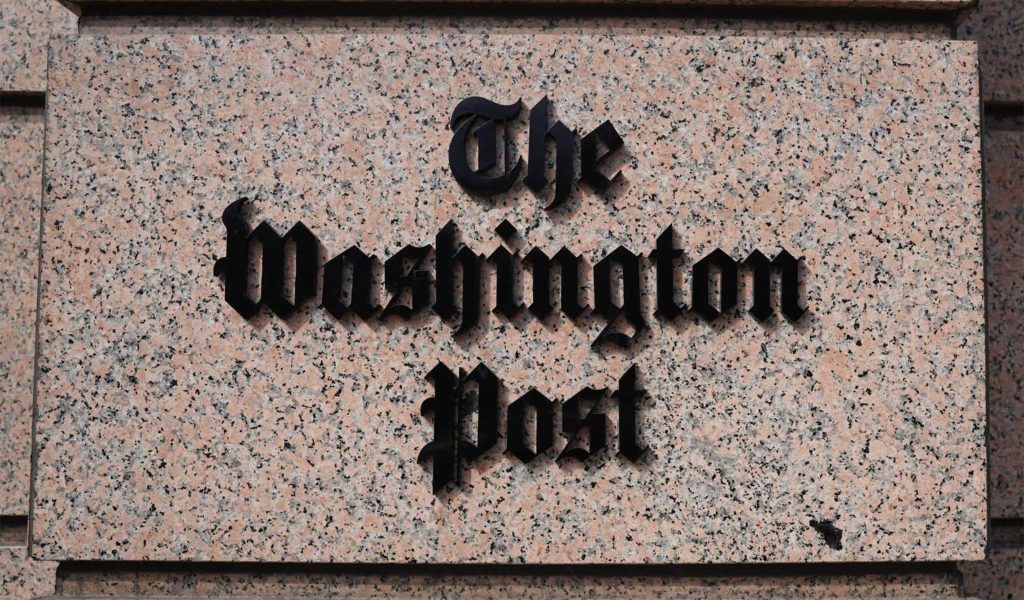Billionaire investor and entrepreneur Ken Fisher routinely reminds people that if they’re aware of a looming crisis or calamity, that they should forget about it and move on. Fisher’s point is that it’s highly unlikely that they know any unknowns, at which point market indices have already priced what they think they’re uniquely aware of.
It’s great advice, though advice forever ignored by market and political pundits, along with those who enable their alarmism. It’s probably their nature to think they’re onto something, plus “crisis” attracts far more readers than does “don’t worry.” Still, Fisher is right. As he also routinely points out, the markets will do your worrying for you.
Former Indiana governor Mitch Daniels is the latest, but surely not the last to predict crisis of the economic kind. You could fill more Rose Bowls than you have fingers with all the pundits who’ve predicted doom as he’s done, which is yet again the point. Those who profit or gain followings from their internal pessimism are merely uttering what the pessimistic have always been uttering, which means the markets long ago priced their misery. Markets are just a reflection of what’s expected, which is why the nervous Daniels is not introducing anything that’s new with his pessimistic assertion that trouble looms because “Washington will not face up to its duty except in a genuine crisis.” Oh dear. Highlight Daniels’ line, as it will be returned to.
For now, consider his feature of market commentator John Mauldin to make his own case for looming crisis as a consequence of what he deems too much federal debt. Daniels notes that Mauldin “has begun forecasting a ‘great reset’ when these unsustainable bills cannot be paid.” Ok, stop right there. Markets for U.S. Treasury debt are easily the deepest, most knowledgeable markets in the world. How do we know this? We do because there’s $34 trillion in Treasury debt, and trillions more on the way. This is in no way an excusal of the monumental tax that is government spending, but it’s just a statement of what’s obvious: precisely because there’s so much Treasury debt, and there are so many investors around the world reliant on the debt performing, we know that these markets are incredibly informed. Please read on.
Yet Mauldin sees an ugly future, one in which “the economy comes crashing down around our ears” such that the debt can’t be paid. Mauldin apparently sees this “great reset” happening “roughly 7-10 years from now.” Yet the 10-year Treasury note, an obvious anticipation of the U.S.’s fiscal situation 10 years out, presently yields 4%, 700 basis points below what it yielded in 1980 when there was over $33 trillion less in debt on Treasury’s books. So who are you going to believe? The most informed markets in the world, markets that are saying Treasury will easily pay its debts, or Mauldin? Mauldin’s analysis, analysis parroted by Daniels, doesn’t just suggest markets are stupid, but incredibly stupid. Not very likely.
Martin Wolf, the forever miserable and nearly always wrong columnist for the Financial Times, seeks policy from allegedly wise and unhappy people like himself to forestall crisis. Daniels quotes Wolf’s latest book in which he calls for “an array of reforms, including carbon taxation, a presumption against horizontal mergers, a virtual ban on corporate share buybacks, compulsory voting, and extra votes for younger citizens and parents of children.” There you go. To deter “crisis,” empower government more. Substitute government advised by the always wrong for information pregnant markets. Talk about crisis.
Back to Daniels and his wrapping of himself in the sanctimony of his parsimony, his focus on debt is a mistaken way of stepping on the real problem, though one that always worrying for us markets have already priced. It has to do with the economic growth not happening, and the progress not taking place, on account of government arrogating to itself trillions worth of central planning power in the U.S., and increasingly around the world. There’s your problem, and there’s your burden for the grandchildren: massive government the world over that they’ll inherit. Yet Daniels focuses on the debt that actual market players with actual skin in the game plainly don’t fear. Some would say Daniels is distracted, and they would be right.
Yet Daniels and those obsessed with “tomorrow” might be screaming at their computers right now along the lines of what about 2008? Repeat the miserable repeating the latter over and over again, and then reacquaint yourself with Daniels’ lament that “Washington will not face up to its duty except in a genuine crisis.” Ah, now we’re on to something. Future history books (there’s bound to be another Benjamin Anderson in the future) will note that in 2008 the crisis wasn’t bad mortgages or debt, rather it was the Bush administration and the Bernanke Fed’s obnoxious substitution of themselves for the markets when we needed markets only the most.
It’s just a gentle reminder to Daniels that tomorrow as of now is priced, and it looks beautiful. The only promise or plan needed from “Washington” is that it won’t foist more policy on all of its waste from the past, present, and future. No Washington, no crisis. Alas, such a response likely won’t sufficiently nourish the pessimist in Daniels.
Republished from RealClear Markets






